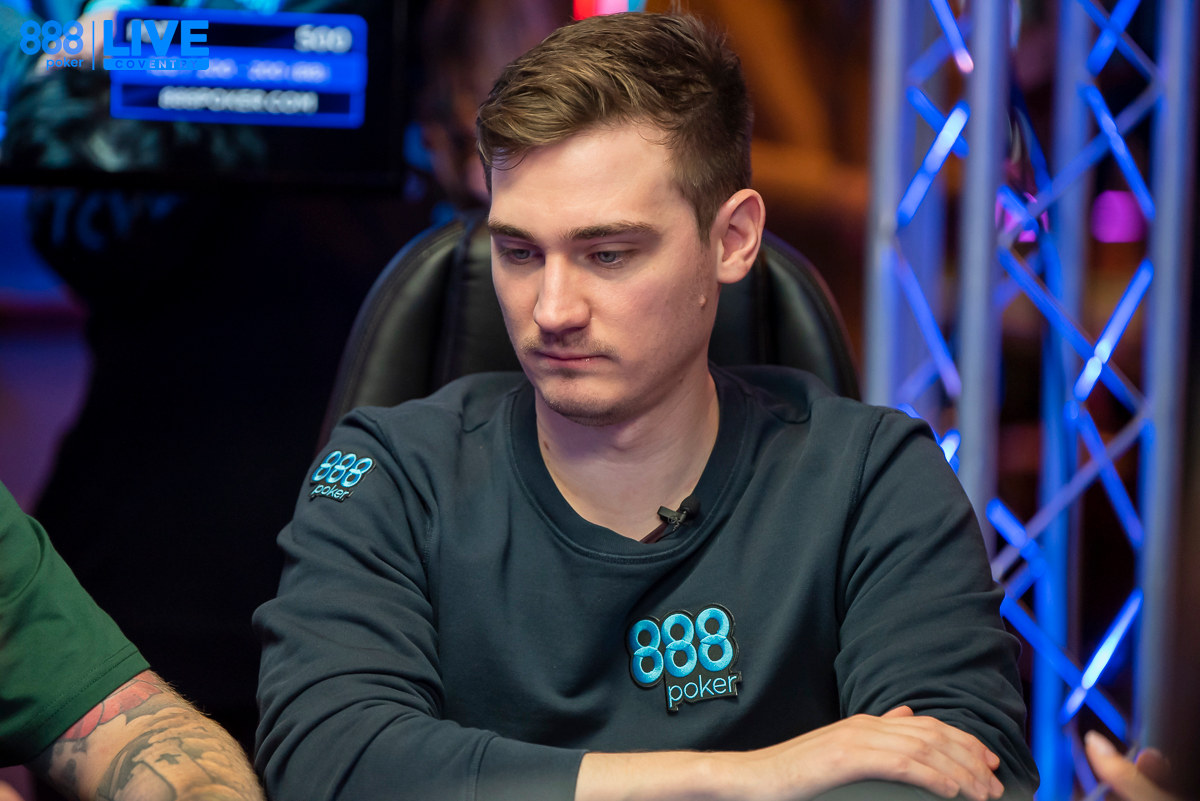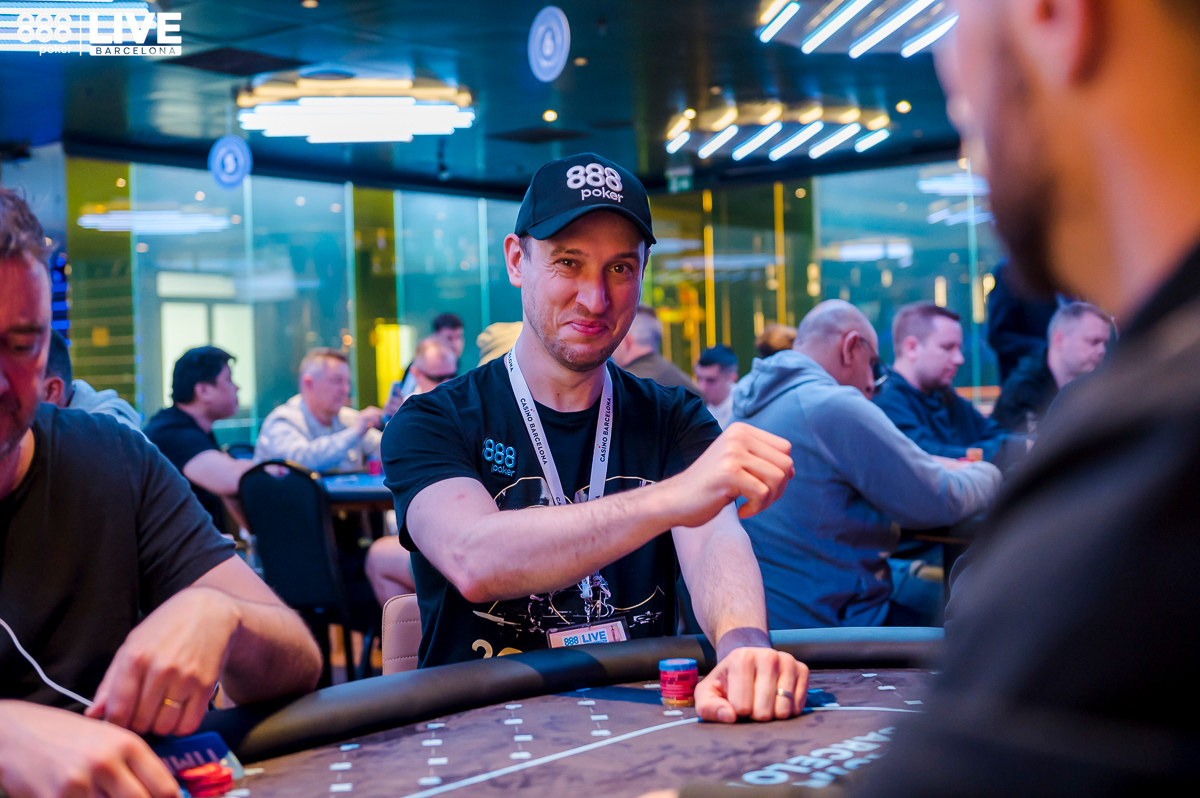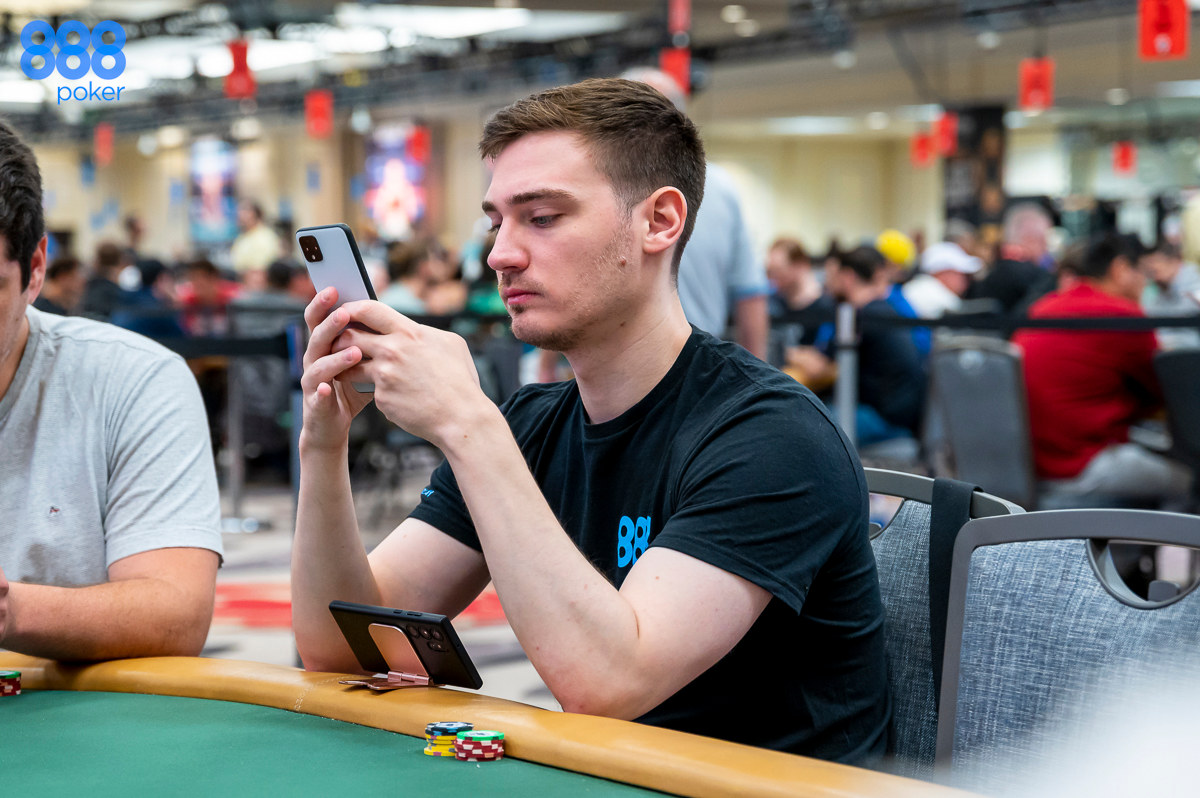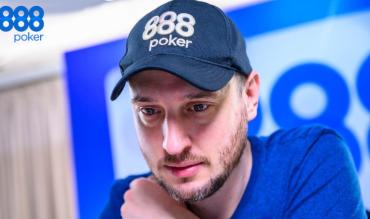Because poker edges are often quite thin, anything that enhances that edge is +EV. A well-designed pregame routine is a simple way to achieve peak performance at the table.
Your routine is not just about warming up - it can also help focus your mind, calm your emotions and set yourself up for success.
Think about it. Sitting down to play Texas Holdem without a plan can leave you vulnerable to stress and anxiety, which are well-known performance killers.
- A pregame routine is a mental anchor, grounding you while providing a sense of control.
- A solid pregame routine reduces uncertainty and boosts confidence when facing tough opponents and difficult decisions.
- A well-crafted routine primes your brain for quick thinking.
Visualisation techniques allow you to mentally rehearse poker hands and strategies, so you’re ready to execute them flawlessly.
A pregame routine can structure your preparation by helping you start each session at the same level of readiness.
This predictability enhances your performance and helps you maintain a steady emotional state.
Components of an Effective Poker Pregame Routine

Designing an effective pregame routine is about finding the right mix of mental preparation, emotional regulation, and focus strategies that work for you.
Here are the key components to consider integrating into your routine:
Mental Preparation
- Visualisation Techniques: Visualising success isn't just for athletes; it's a powerful tool that poker players can use. Spend a few minutes visualising yourself playing well, making good decisions, and calmly handling challenging poker combo situations. Vividly picture yourself making the right plays while maintaining a calm demeanour. This method primes your mind to replicate these actions in-game.
- Goal Setting: Clear, achievable goals give you direction and purpose. Choose some specific objectives for the session before playing. Solid session goals could include the following –
- Focusing on a particular strategy
- Improving your emotional control
- Practising patience.
- Having clear goals helps you stay focused and motivated, even when things are not going your way.
- Affirmations: Positive affirmations can boost your self-confidence and reinforce a positive mindset. Create a list of affirmations that resonate with you, such as "I make smart decisions" or "I stay calm and focused no matter what happens."
Repeat your affirmations before each session to build a robust, positive mental framework.

Emotional Regulation
- Mindfulness Meditation: Mindfulness meditation is an excellent way to centre your mind and enhance present-moment awareness. Spend a few minutes meditating before you play to clear your mind of distractions and reduce the chance of tilt. Focus on your breath, let go of any pregame worries, and stay in the present.
- Breathing Exercises: Controlled breathing exercises can help calm your nervous system. Try using box breathing (inhaling for 4 seconds, holding for 4 seconds, exhaling for 4 seconds, and holding for 4 seconds) to reduce anxiety and stay composed.
- Emotional Check-In: Before you start playing, take a moment to check in with yourself emotionally. Are you feeling stressed, angry, or distracted in an 888poker or WPT poker tournament? Acknowledging your emotional state allows you to address any negative feelings before they impact your game. If you need to, take additional steps to manage your emotions (deep breathing, a quick walk, etc.).
Focus and Concentration
- Eliminate Distractions: Create a distraction-free environment to maintain peak focus. This scenario might mean turning off phone notifications, finding a quiet place to play, or using noise-cancelling headphones. A focused environment helps you stay in the zone and make better decisions.
- Mental Warm-Up: Engage in activities that stimulate your brain and get it in gear for the game. You could play a few hands in GTO Wizard, watch a training video, or review poker strategies. Doing so will help transition your mind from everyday activities to the focused, strategic thinking required for poker.

Incorporating these components into your pregame routine will help you be better prepared mentally and emotionally for challenges at the poker table.
Experiment with different techniques to find what works best for you, and then commit to your routine consistently to see the best results.
Common Pitfalls and How to Avoid Them
Creating a pregame routine is a crucial step toward enhancing your poker performance, but a few common pitfalls can undermine its effectiveness.
Here’s how to navigate these challenges and keep your routine on track:
Overcomplicating Your Routine
- Simplicity is Key: It’s easy to get carried away by adding numerous steps to your routine to make it perfect, but perfection comes at a cost. A complicated routine may become overwhelming and difficult to maintain consistently. Focus on a few key activities that have the most significant impact on your performance.
- Prioritise Essentials: Identify the most critical elements of your routine—those that directly contribute to your mental and emotional readiness. Prioritise these activities to keep your routine streamlined and efficient.
Skipping Your Routine
- Discipline and Consistency: One of the biggest mistakes is neglecting your routine, especially when you feel confident or short on time. Skipping your routine keeps you from building strong performance habits. Make it a non-negotiable part of your preparation.
- Creating Reminders: Set reminders on your phone or use a checklist to ensure you don’t forget any part of your routine. A visual or auditory cue can help reinforce the habit and keep you disciplined, even when you don’t feel like it.

Ignoring Mental Preparation
- Mental Game is Crucial: Strategic preparation is crucial, but ignoring the mental game can be a critical mistake. Mental sharpness and emotional regulation are essential for making sound decisions and maintaining composure under pressure. Make mental training a core part of your routine.
- Balanced Approach: Ensure your routine includes a balance of mental and strategic activities. Incorporate visualisation, mindfulness meditation, and affirmations into your strategy review time. A holistic approach like this will help you better manage poker challenges– even if it’s only Caribbean Stud Poker.
More Practical Tips for Optimising Your Routine
- Make it Personalised: Tailoring your routine to your unique needs and preferences will make it more effective. You’ll also be more likely to follow it consistently when it resonates with your preferences.
- Evaluate and Adjust Regularly: Periodically review your routine to see what’s working and what’s not. It’s ok to adjust as needed. Ongoing refinement will make your routine more effective.
- Stay Committed: Remind yourself of the benefits of a solid pregame routine for your performance. Stay motivated by tracking your progress and celebrating your game's improvements.
Your Solid Pregame Routine for Optimal Performance
Developing and maintaining a solid pregame routine can be a game-changer if you’re looking for optimal performance.
By understanding its importance and carefully crafting a routine that includes the following, you set yourself up for success –
- Mental preparation
- Emotional regulation
- Practice drills
Commit to a pregame routine, adjust it as needed and watch as your game improves!


